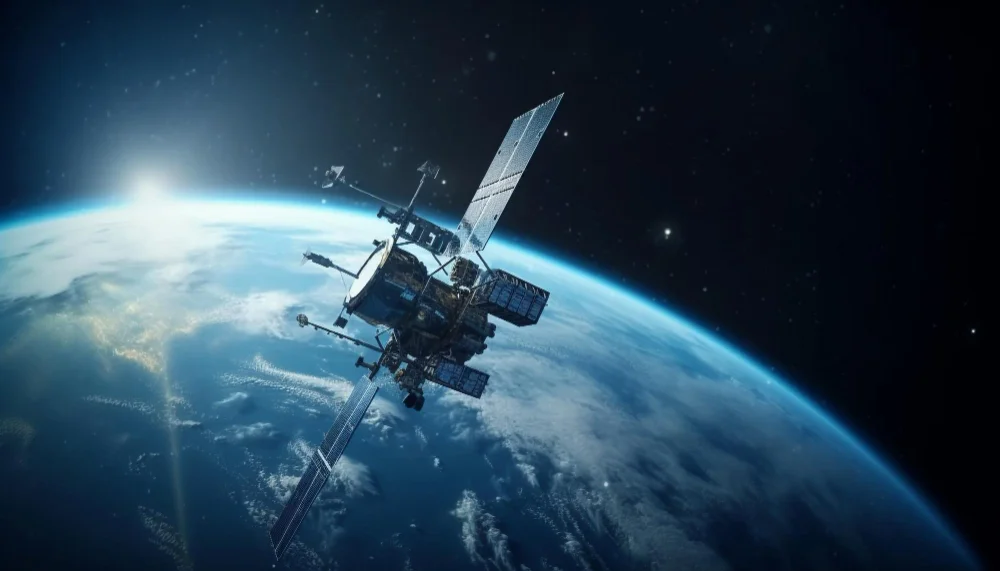Europe’s aerospace giants are shooting for the stars. On October 23, 2025, Airbus, Thales, and Leonardo sealed a blockbuster deal to merge their satellite businesses, creating a Toulouse-based juggernaut to rival Elon Musk’s Starlink.
Set to launch in 2027, this venture, the boldest since MBDA’s 2001 creation, aims to dominate the skies with cutting-edge tech. It’s not just a merger; it’s Europe’s battle cry to reclaim space supremacy.
The world’s watching as this alliance promises to reshape global connectivity and challenge U.S. dominance.
Taking on Starlink
Starlink’s cheap, low-orbit satellites have outpaced Europe’s traditional geostationary spacecraft. The new venture, with 25,000 employees and €6.5 billion in revenue, plans to fight back, starting with IRIS², Europe’s secure satellite network.
Thales CFO Pascal Bouchiat called it a “strong step” but warned of fierce competition. “Starlink’s ahead, but we’re ready,” he told reporters. The deal, codenamed Project Bromo, expects €300–500 million in savings by 2032.
Leonardo’s shares climbed 2%, with Airbus and Thales up slightly, signaling market buzz.
A Unified Force
The venture blends Thales Alenia Space, Telespazio, and Airbus’s space and digital units. Airbus holds 35%, Thales and Leonardo 32.5% each. French Finance Minister Roland Lescure praised it as a boost to “European sovereignty.”
Italy’s Adolfo Urso said it builds global champions. Yet, the deal faces two years of talks with unions, governments, and the EU Commission, impacting France, Italy, Germany, and the UK.
Italian unions demand job security and global competitiveness, seeking clarity on the merger’s impact.
Hurdles Ahead
Past mergers hit antitrust snags, and this one’s no exception. Germany’s OHB might bid for assets, stirring tensions. French operator Eutelsat, a key client, insists on benefiting from the merger’s efficiencies.
Governance disputes nearly derailed talks, but executives vowed no nationality-based leadership a nod to Airbus’s past struggles. No job cuts are planned, with growth as the focus, despite recent layoffs of 3,000 at Airbus and Thales.
The venture’s success hinges on dodging regulatory traps and delivering IRIS²’s promise.
Global Stakes Skyrocketing
Starlink’s dominance has left Europe scrambling. This merger unites Airbus’s tech savvy, Thales’s expertise, and Leonardo’s innovation to compete.
Nigeria, with its booming tech scene, eyes the venture’s potential to boost African connectivity. The €6.5 billion giant aims to challenge SpaceX’s grip on low-orbit networks, critical for internet and defense. Investors are optimistic, but regulatory and competitive pressures loom large.
Will Europe’s gamble pay off or crash under Starlink’s shadow? The race is on.
A Stellar Future
This isn’t just about satellites it’s about power and progress. The 2027 launch could redefine global connectivity, from secure networks to high-speed internet.
As Musk’s empire soars, Europe’s trio bets big on unity and innovation. Nigeria’s tech enthusiasts, alongside global watchers, are glued to this saga.
With billions in revenue and sovereignty at stake, this venture could either outshine Starlink or falter in the cosmic race.
READ ALSO: Teen Stuns Nigeria from VP’s Seat, Demands Girls’ Rights




















